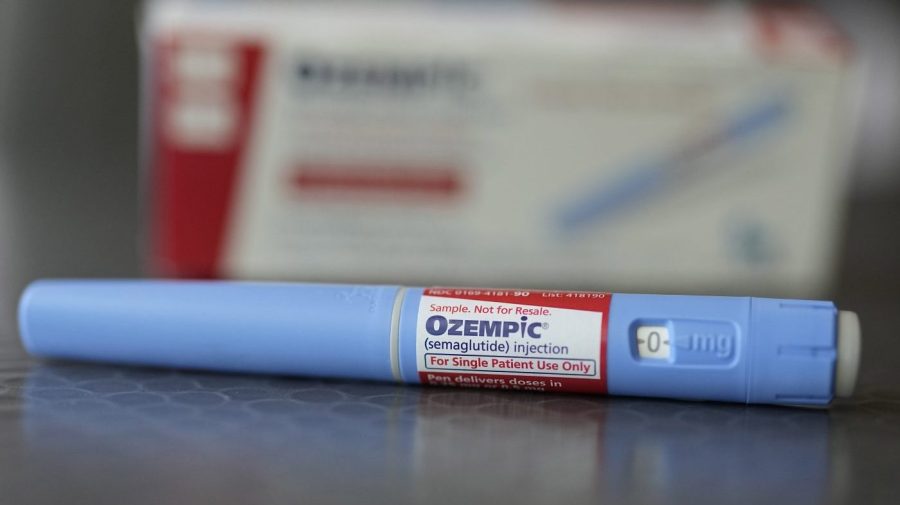A new study suggests that using weight loss drugs such as Ozempic and Wegovy can lead to less alcohol consumption.
The study, published Wednesday by JAMA Psychiatry, looked into 48 people the medical journal described as “non–treatment-seeking” participants who suffer from alcohol use disorder (AUD). Half of the participants were given semaglutide, the active ingredient in weight loss drugs, for nine weeks. The others received a placebo.
At the end of the research period, both groups were presented with their preferred alcoholic beverage but were given the option to refuse the drink for a minimum of 50 minutes in order to receive “monetary reinforcement.” Following the pause, the participants were instructed to consume the beverage “at their preferred pace” over a two-hour span, per the study.
Researchers, after the experiment, found that those who took the low-dose semaglutide drank less alcohol than those with the placebo.
“Over 9 weeks of treatment, semaglutide led to reductions in some but not all measures of weekly consumption, significantly reduced weekly alcohol craving relative to placebo, and led to greater relative reductions in cigarettes per day in a subgroup of participants with current cigarette use,” the JAMA study reads.
Weight loss drums like Ozempic, Wegovy and Zepbound work by imitating a hormone called GLP-1, which stimulates insulin secretion and may also lower appetite. The drugs, originally approved for treatment of diabetes, have also been known to help tackle obesity.
Last year, another study published in JAMA Psychiatry found that semaglutide drugs “substantially decreased” alcohol-related hospitalization risk for a group of people in Sweden with AUD and Type 2 diabetes.
The drugs have also been known to lessen the risks of other medical issues, including potential death risk from COVID-19.

